Remediation Products
REGENESIS offers a range of specialty soil and groundwater remediation products, each one has been specifically designed for environmental applications with an emphasis on performance, cost-effectiveness, ease of use and environmental safety.
Generally speaking the use of any one of REGENESIS remediation products offers the following benefits:
Food grade, environmentally safe and easy to handle materials.
Patented controlled-release technology (CRT)™ provides maximum product longevity and optimized oxygen and hydrogen release profiles.
Total Lower Cost to Remediate than MNA and operations and maintenance-intensive engineered mechanical systems with a smaller carbon footprint.
In Situ or in-place treatment eliminates any requirements for permanent on-site equipment, piping, tanks, etc.

Enhanced biodegradation rates typically 10 to 100 times faster than intrinsically slow, naturally occurring rates.

Greater efficiency and cost-effectiveness than high volume, rapidly consumed or wasted commodity products.

Experience and a proven track record of success with hundreds of published papers and product applications on over 16,000 sites worldwide.

Professional and highly experienced technical services, application design and cost estimate free of charge.

Rapid Sorption and Biodegradation with PlumeStop
PlumeStop® Liquid Activated Carbon™ is a break-through groundwater remediation technology that reduces dissolved phase contaminant plumes in days. The key innovation with PlumeStop is that it is composed of extremely fine particles of activated carbon (1‐2μm) suspended in water through a proprietary dispersion chemistry developed by the REGENESIS Research and Development department. This allows the technology to flow into the subsurface at low pressure and achieve consistent, reliable distribution – a capability unlike any other form of activated carbon used for groundwater remediation today.
As a result, environmental professionals gain a certainty that the contaminants have been removed throughout the entire treated area. It also secures complete biodegradation of contaminants, and continually regenerates its sorptive capacity, allowing for long term treatment. PlumeStop is often applied with enhanced aerobic biodegradation or enhanced anaerobic biodegradation remediation technologies to ensure rapid and complete contaminant destruction.

Immediate and long-term immobilization of source area PFAS contamination
SourceStop® colloidal activated carbon (CAC) is applied to the vadose zone, capillary fringe and groundwater of PFAS source areas to rapidly remove high levels of PFAS from the dissolved phase. The sequestration of the PFAS eliminates or drastically reduces the movement of mass from the source area, enhancing the natural attenuation of the plume and avoiding impact to downgradient receptors.

Designed to be compatible and co-injectable with PlumeStop
AquiFix ™ is an innovative electron donor designed to be compatible and co-injectable with PlumeStop. AquiFix is formulated with both fast-acting as well as long-lasting, slow releasing electron donor materials to drive the biodegradation of chlorinated solvents present in the groundwater. This formulation includes a solid phase source of fatty acids and beneficial nutrients to support the dechlorinating microbe population.

A Dual-Functioning, Activated Carbon Remedial Technology for Treating Petroleum Hydrocarbons
PetroFix has a dual function: it removes hydrocarbons from the dissolved phase by adsorbing them on to activated carbon particles and then stimulates hydrocarbon biodegradation by adding electron acceptors. PetroFix is a highly concentrated water-based suspension consisting of micron-scale activated carbon and biostimulating electron acceptors. The enviromentally-compatible formulation of micron-scale activated carbon (1-2 microns) is combined with both slow and quick-release inorganic electron acceptors. Practitioners can select between a sulfate and nitrate combination blend (recommended) or sulfate only for the additional electron acceptors required.

Zero-Valent Iron
REGENESIS offers S-MicroZVI™, an advanced zero-valent iron (ZVI) product proven to accomplish In Situ Chemical Reduction (ISCR) of contaminants within the subsurface environment. S-MicroZVI is delivered as a colloidal suspension 40% ZVI by weight in glycerol with a particle size of less than 5 microns. S-MicroZVI is manufactured using a state-of-the-art sulfidation process resulting in a particle coating which increases activation toward specific contaminants and extends performance longevity. S-MicroZVI destroys contaminants abiotically and applied to stimulate ISCR-enhanced bioremediation.

Enhanced Anaerobic Biodegradation (Reductive Dechlorination)
3-D Microemulsion is an injectable liquid material specifically designed for in situ remediation projects where the anaerobic biodegradation of chlorinated compounds through the enhanced reductive dechlorination (ERD) process is possible. ERD is the primary anaerobic biological process by which problematic chlorinated solvents such as tetrachloroethylene (PCE) and trichloroethene (TCE), dichloroethene (DCE) and vinyl chloride (VC) in groundwater are biologically transformed into less harmful end products such as ethene. Due to its purposefully engineered structure, 3-D Microemulsion exhibits unique subsurface distribution characteristics which allow it to propagate widely within the subsurface. As a result, 3-D Microemulsion can treat a wide-areas around an individual injection point saving both time and money as it relates to the number of application points required. This product provides a beneficial and sequential, staged-release of three individual electron donor components, resulting in an immediate, mid-range and long-term, controlled-release supply of organic acids to fuel the ERD process. Staged-release offers the ERD optimizing benefit of supplying just the right amount of electron donor needed for periods of up to 2-4 years on a single application.

In Situ Chemical Oxidation (ISCO)
PersulfOx® Catalyzed Persulfate is an in situ chemical oxidation reagent that destroys organic contaminants found in groundwater and soil through powerful yet controlled chemical reactions. PersulfOx is a sodium persulfate – based technology which employs a patented catalyst to enhance the oxidative destruction of both hydrocarbons and chlorinated contaminants in the subsurface. The PersulfOx catalyst is a silica-based, microscopic surface on which oxidants and contaminants can come together and react in a specific process known as “surface mediated oxidation” where oxidation reactions occur repeatedly on the surface of the catalyst. Typically, sodium persulfate is activated with the addition of heat, chelated metals, hydrogen peroxide, or base in order to generate sulfate radicals. These activation processes are inherently complex, costly and can pose additional health and safety risks. In comparison, PersulfOx provides an all-in-one product with built-in-activation making it a relatively safe and easy-to-use ISCO reagent. The material itself is easily mixed with water and applied into the contaminated matrix using subsurface injection techniques or soil mixing tools.

In Situ Chemical Oxidation (ISCO)
RegenOx® is a product designed specifically for the rapid, in situ and/or ex situ chemical oxidation of a broad range of contaminants including both chlorinated solvents and petroleum hydrocarbons. RegenOx has been rigorously tested in both the laboratory and the field on petroleum hydrocarbons (TPH, BTEX, MTBE, etc), polyaromatic hydrocarbons (naphthalene, phenanthrene, etc) and chlorinated hydrocarbons (PCE, TCE, TCA, etc). In Situ chemical oxidation (ISCO) is a process that involves the injection of reactive chemical oxidants into groundwater and/or soil for the primary purpose of rapid contaminant destruction (often within days to weeks). Also known as ISCO, this process is most often deployed at sites with relatively high contaminant concentrations in a source area and in downgradient plume(s). Chemical oxidation of high concentration areas is often part of a multi-step remediation regimen that paves the way for more biologically mediated, less costly approaches such as enhanced biodegradation or monitored natural attenuation. RegenOx delivers rapid and effective contaminant mass reduction using a solid alkaline oxidant that is activated to a very high performance level through the action of a unique catalytic complex. Once in the subsurface, the combined product produces an effective oxidation reaction comparable to that of Fenton’s Reagent without a violent exothermic reaction. Strategies employing multiple RegenOx injections coupled with follow-on enhanced biodegradation can be used to cost-effectively treat highly contaminated sites to regulatory closure.

Enhanced Aerobic Biodegradation
Oxygen Release Compound (ORC®) is specifically designed and used for the enhanced or accelerated, in situ aerobic biodegradation of a wide-range of petroleum hydrocarbons or any aerobically degradable substance. Enhanced aerobic biodegradation is the well understood and widely studied practice of adding oxygen (an electron acceptor) to groundwater and/or soil to increase the number and vitality of indigenous
microorganisms able to perform biodegradation. REGENESIS’ ORC and ORC Advanced products are typically injected into groundwater or applied into open excavations where upon hydration they provide a controlled-release source of oxygen for periods of up to 12 months on a single application.

Bioaugmentation
Bio-Dechlor INOCULUM® PLUS is an enriched natural microbial consortium containing species of Dehalococcoides sp. (DHC). This microbial consortium has since been enriched to increase its ability to rapidly dechlorinate contaminants during in situ bioremediation processes. Bio-Dechlor INOCULUM has been shown to stimulate the rapid and complete dechlorination of compounds such as tetrachloroethene (PCE), trichloroethene (TCE), dichloroethene (DCE), and vinyl chloride (VC). The most current culture of Bio Dechlor INOCULUM PLUS(+) now contains microbes capable of dehalogenating halomethanes (e.g. carbon tetrachloride and chloroform) and haloethanes (e.g. 1,1,1 TCA and 1,1, DCA) as well as mixtures of these halogenated contaminants.

 Americas
Americas Europe
Europe Français
Français Deutsch
Deutsch Italiano
Italiano Español
Español






